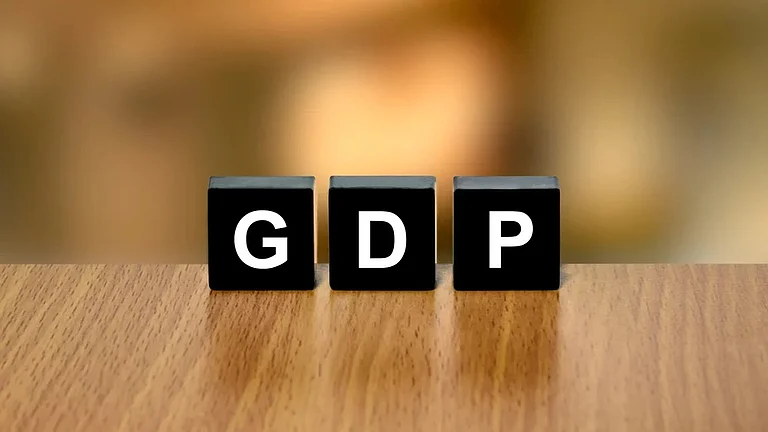The IMF expects Pakistan's economy to perform better in the current and next fiscal years compared to other multilateral agencies' projections despite the macroeconomic challenges faced by the cash-strapped country.
The International Monetary Fund's (IMF) World Economic Outlook for October, released on Tuesday, forecasts a growth of 2.5 per cent for the country's economy in the current year, doubling to 5 per cent in the next fiscal year.
This is a significant jump compared to the 0.5 per cent contraction witnessed last fiscal year, signifying that the Fund also expected quicker economic recovery than it had forecast earlier at a 5 per cent GDP growth rate in the 2026-27 fiscal year, the Dawn newspaper reported on Wednesday.
The IMF's latest growth forecast is lower than the government's 3.5 per cent GDP growth target for the current year but well above the recent estimates from the Washington-based World Bank and the Manila-based Asian Development Bank (ADB).
The World Bank, which predicted Pakistan's growth rate at 1.7 per cent for this fiscal year and 2.4 per cent in the next, claimed at a recent media event that its estimates were based on the August-September data.
However, the IMF may have revised its projections positively based on the latest data that it tracks daily, weekly, fortnightly and monthly depending on various sectors as required under the ongoing bailout programme with the government.
In doing so, the global lender kept the growth forecast unchanged from its July estimate when it signed a nine-month USD 3 billion new financing arrangement with Pakistan. However, it revised its estimates upwards for inflation and unemployment rates for current and subsequent fiscal years.
After transferring USD 1.2 billion to the cash-strapped country in July, as part of the USD 3 billion bailout programme for nine months to support the government’s efforts to stabilise the country's ailing economy, the IMF is set to send its delegation to Pakistan in the last week of October to review the cash-strapped country’s economic performance in the first three months of the current fiscal year, according to a media report.
The report added that once the economic review is completed, Pakistan will receive the next instalment of USD 700 million from the IMF after its board's approval.
The IMF previously estimated inflation at 27 per cent for fiscal 2023 but revised it to 29.2 per cent. For this fiscal year, it revised the inflation projection to an average of 23.5 per cent from 22 per cent earlier, although it noted that year-end inflation could drop to as low as 17.5 per cent.
It noted the current account deficit at 0.7 per cent of GDP during fiscal 2023, up from its previous estimate of 1.2 per cent. The Washington-based lender kept the projection unchanged at 1.8 per cent for the current fiscal year and 1.7 per cent by the 2027-28 fiscal year.
In contrast, the World Bank last week estimated inflation at 26.5 per cent for the current fiscal and 17 per cent for 2025.
According to the report, it had shown a growth rate slightly lower than the 2 per cent it had forecast in June and less than half the 3.5 per cent target set by the government.
In its economic outlook, the IMF also estimated the unemployment rate in the country to have risen to 8.5 per cent in fiscal 2023 from 6.2 per cent in 2022, significantly higher than the earlier projection of 7 per cent. The current fiscal year's unemployment rate has been projected at 8 per cent.
Pakistan’s economy has been in a free fall mode for the last many years, bringing untold pressure on the poor masses in the form of unchecked inflation.


























.jpg?w=200&auto=format%2Ccompress&fit=max)




